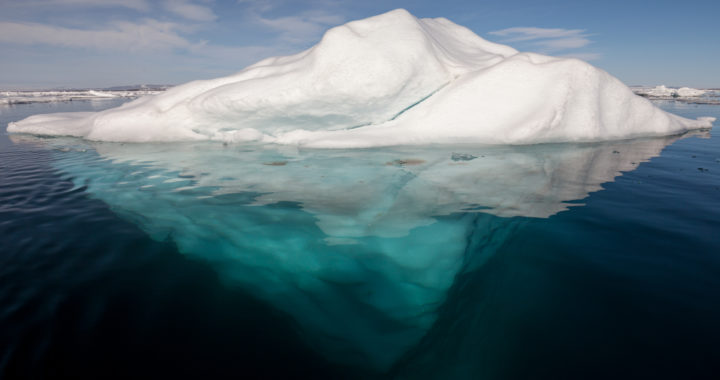For most of recorded history, the Arctic has been classified as no man’s land, a sprawling, icy desert inhabited only by creatures built explicitly for the task. In recent decades, however, cutting edge technology and drastic updates in transportation have turned the Arctic from an alien landscape into a potentially viable source of ever-important oil and gas.
As the Arctic gets closer, a group of eight nations is laying their claim to the valuable stretch of land. But who gets to call the Arctic their own?
Why Is the Arctic so Valuable?
As the United States is just beginning to discover in the area north of Alaska, the Arctic is home to massive, potentially game-changing reserves of oil and natural gas. According to some estimates, the Arctic holds “an estimated 13% of the world’s undiscovered conventional oil resources and 30% of its undiscovered conventional natural gas resources.”
As a result, the countries surrounding the Arctic, known as the Arctic 8, are searching for ways to stake a legal claim on the once undiscovered territory. Denmark, Finland, Iceland, Norway, Sweden, Canada, Russia, and the United States are all ramping up their arguments, but the process is anything but simple.
How Does a Claim in the Arctic Work?
At present, all attempts at ownership of the Arctic are subject to the United Nations Convention on the Law of the Sea (UNCLOS). This epically titled piece of legislation states that a country is legally allowed to explore the resources up to 230 miles off its coastline.
If a country can demonstrate that an offshore landmass is directly connected to the continent, however, they can extend their claim into deeper waters.
The Rising Problem
Until now, slicing out a piece of the Arctic pie has been more theoretical than anything else. Thanks to the opening up of the Arctic ice shelf, however, now several nations can claim their own territory. The problem, unfortunately, is that these nations are after the same swaths of land.
Though the UN officials are still determining which nations have the most legitimate claim to the Arctic goldmine, the stage is set for a new kind of energy battle fought in boardrooms and political gatherings.
Joint Operations
The ball is still up in the air as to which nation will ultimately carve out the most of the Arctic for their own. At the moment, however, experts are cautiously optimistic. As poly-sci professor Amy Lauren Lovecraft explains, nations are more interested in attacking the Arctic issue together, with a series of joint expeditions designed to plot out a future for the Arctic.
Says Lovecraft, “People tend to think only about the Arctic in environmental terms, or in these old, Cold War terms. But it’s far more nuanced, and there’s a lot of goodwill.”

